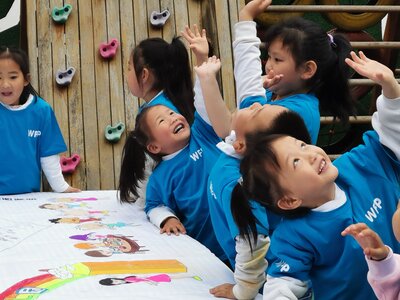China
- 4.8 million
- children under 5 still suffer from stunting and wasting
- 1.41 billion
- population
Over the last four decades, China has experienced remarkable economic and social transformations, lifting more than 770 million people out of extreme poverty and contributing significantly to global poverty reduction.
In 2021, China announced the eradication of extreme poverty, marking a historic milestone. Now an upper-middle-income country, it is entering a new phase of development focused on rural revitalization, sustainable agricultural practices and reducing the urban-rural divide.
China’s ability to produce sufficient grain to feed its 1.4 billion people is a major contribution to global food security. This is the result of continued investments in modern technology, mechanization and irrigation, as well as enhanced food safety.
What the World Food Programme is doing in China
-
Nutrition
-
Based on its global experience, WFP provides the Government with technical advice and expertise to improve the delivery of nutrition programmes in selected “poverty counties”, with a special focus on hard-to-reach areas.
-
Resilience building
-
Disaster preparedness
-
South-South cooperation
-
Private-public partnerships
China news releases
Go to pagePartners and donors
Find out more about the state of food security in China
Visit the food security analysis pageOperations in China
Contacts
Office
Beijing No.2 Liangmahe Nan Lu, Beijing, P.R.China
Beijing 100600
China







